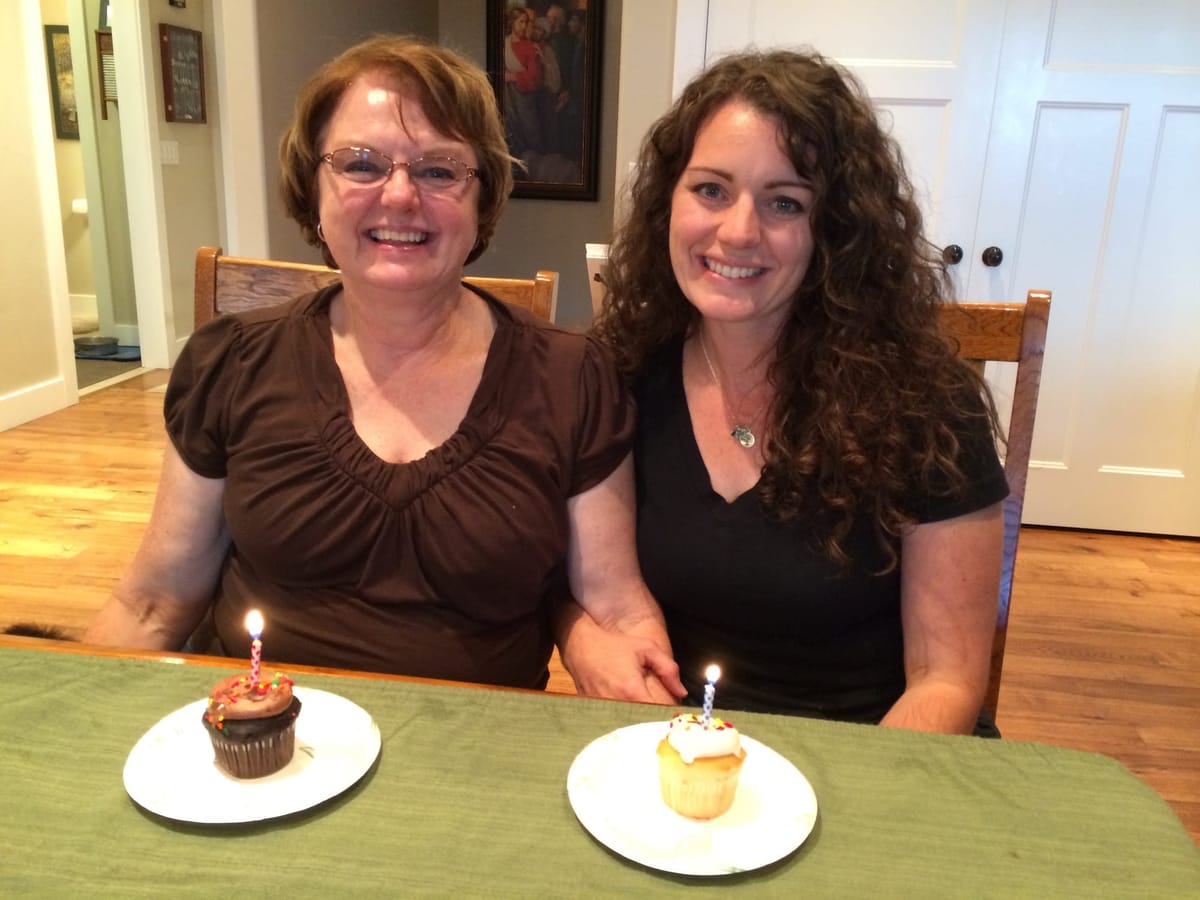Piano Parent Tips

This is a post for parents!
Early on in my teaching career I learned that parents of piano students come in all kinds of packages. I had to decide quickly how to handle parents sitting in on the lesson and contributing or chastising their child, while I awkwardly looked on. On the other end of the spectrum some parents treated lesson time as babysitting time and had no idea how their child was doing in lessons, or if they practiced. There is a happy medium between the two, where all three parties (teacher, student, and parent) can be productive and comfortable.
A good piano parent is supportive and involved, but understands that a child needs space to grow. They also trust the process and hopefully trust the teacher.
Here are some tips that will help parents do their part to make the most of lessons!
- You are needed! But not usually during the lesson. Parents are welcome to sit in on lessons in my studio, but they will be observers. I may ask parents clarifying questions, especially if a student is young, but it is so important that the teacher is interacting with the student, and that the student has space to grow without fear of judgement. I have learned as a teacher to let parents be a "fly on the wall", this is best for the student.
- Set up a regular practice time with your child and encourage them to keep the schedule. Sitting down and looking at the child's weekly commitments, even charting them out, will help you both figure out when the best daily practice time is. You may need to get creative. Try practicing before school, or splitting practice time up into smaller segments. There is a fine line between nagging and reminding a child to practice, gentle reminders are best, try using incentives if needed. If there is an established practice time there will be less friction in the process.
- Provide a quiet practice area with a tuned piano. Try to limit noise in the immediate area of the piano, I know this is asking a lot in some cases, just do your best! A tuned piano in good repair will help their ear develop, to be able to play with a beautiful tone. A good piano will help them progress technically and develop strength and muscle memory (necessary to play with ease).
- Ask what your child's assigned goals are for the week. If they can't tell you try helping out by asking them to retrieve their notebook and read the assignments to you. If they still don't know, try to help them draw some conclusions from the notes. Please reach out to the teacher if there is still confusion.
- Listen to your child's listening assignments with them. We will occasionally have listening assignments in my studio. The students that get their listening assignments done often listen with their families or parents. Older teenagers can often do this alone, but it's more fun to listen together and talk about what you are hearing! More about the benefits of listening to assigned pieces coming soon.
- Communicate with the teacher often. Reach out if: you have questions about expectations, you want to know about your child's progress, something is not working well for your child, your child wants to try something new and has not told the teacher, or if you have any questions at all!
For more reading on the role of parents in piano lessons check out this great article: piano power do's and dont's for parents
